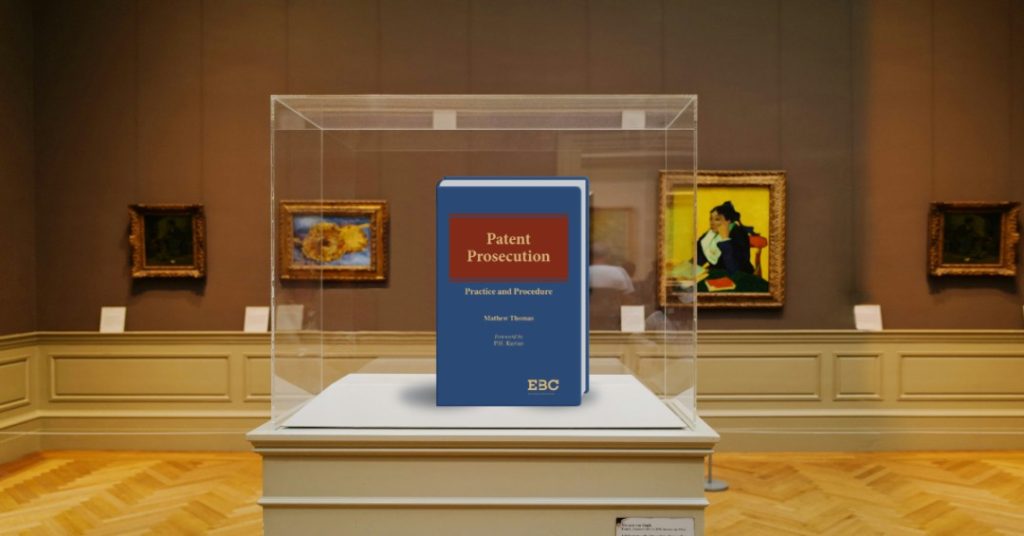
“Innovation is rewarded. But protection? That’s what a patent is for.”
Ever had a brilliant idea and worried someone might steal it? A patent is your best shield. It’s not just paperwork — it’s legal recognition that your invention is original, valuable, and yours.
Let’s break it all down.
What Exactly Is a Patent?
A patent is an exclusive legal right granted to an inventor. It allows you to make, use, sell, and license your invention — while stopping others from doing the same without permission.
Think of it like owning a VIP pass to your own innovation.
What Can Be Patented in India?
To qualify for a patent, an invention must fulfill three mandatory criteria:
- Industrial Applicability
It must be capable of being made or used in an industry. In other words, it must be functional and have practical utility. - Novelty
The invention must be new and original — it should not be known or used anywhere in the world before the date of filing. - Inventive Step (Non-obviousness)
The invention should involve a technical advancement or improvement that would not be obvious to someone skilled in that field.
Common Examples of Patentable Inventions
- Mechanical inventions — new tools, machines, or devices
- Pharmaceutical innovations — new drug formulations or chemical compounds
- Biotechnology inventions — genetically modified organisms or DNA sequences
- Software inventions — only if they show a technical effect or are tied to hardware
- Electronics or AI-based innovations — devices or processes that solve a technical problem
What Cannot Be Patented in India?
As per Section 3 and 4 of the Indian Patent Act, the following are not patentable:
- Abstract ideas or theories — like mathematical methods, scientific principles, algorithms
- Business methods — methods of doing business or managing operations
- Computer programs per se — unless they are combined with hardware or show a technical application
- Discoveries of natural substances — like discovering a new plant or mineral
- Aesthetic creations — like artworks, films, or literary works (these fall under copyright)
- Inventions contrary to public order or morality — such as gambling devices, or things harmful to the environment
- Medical procedures — methods of treatment for humans or animals
- Plants and animals (other than microorganisms)
- Traditional knowledge — anything already known to indigenous communities
Summary Table: Patentable vs Non-Patentable
| Patentable | Not Patentable |
|---|---|
| New machines, tools | Abstract ideas or algorithms |
| Drug formulations | Business methods |
| Biotech processes | Natural discoveries |
| Software with technical effect | Computer programs without hardware tie-in |
| AI/IoT-based functional inventions | Aesthetic creations or art |
| Technical processes used in industry | Medical or surgical methods |
Types of Patents: Choose Your Armor
India generally grants utility patents, but here’s a broader view:
| Type | Covers |
|---|---|
| Utility Patent | Inventions or functional improvements |
| Design Patent | Aesthetic or ornamental design |
| Plant Patent | New plant varieties (not common in India) |
In India, design protection is handled separately under the Designs Act, 2000.
How to File a Patent in India (Step-by-Step)
- Patent Search – Check if your idea is truly unique.
- Drafting – Prepare a patent specification with detailed claims.
- Filing – Submit to the Indian Patent Office (online or offline).
- Publication – Application is published after 18 months (unless early publication is requested).
- Examination – Request examination within 48 months of filing.
- Objections & Response – Respond to objections raised by the examiner.
- Grant – If all goes well, your patent is granted and published.
How Long Does It Last — And What Does It Cost?
- Validity: A patent lasts for 20 years from the date of filing.
- Renewals: Annual fees must be paid from year 3 onward to keep it active.
- Costs: Vary depending on individual, startup, or company status — from ₹1,600 to ₹8,000+ per filing (excluding professional fees).
What Rights Do You Get?
Once you have a patent, you can:
- Stop others from using or selling your invention
- License your patent and earn royalties
- Sell your patent like intellectual property
- Sue for infringement if someone uses it without consent
Basically, it’s innovation with legal firepower.
Why Patents Matter More Than Ever?
From tech startups to pharma giants, patents give inventors a competitive edge. In today’s knowledge economy, owning ideas is just as valuable as owning real estate.
So whether you’re a coder, chemist, or creator — protect your brainchild before it becomes someone else’s profit.
To know more about Patents and the steps related, you may check out this resource.
















